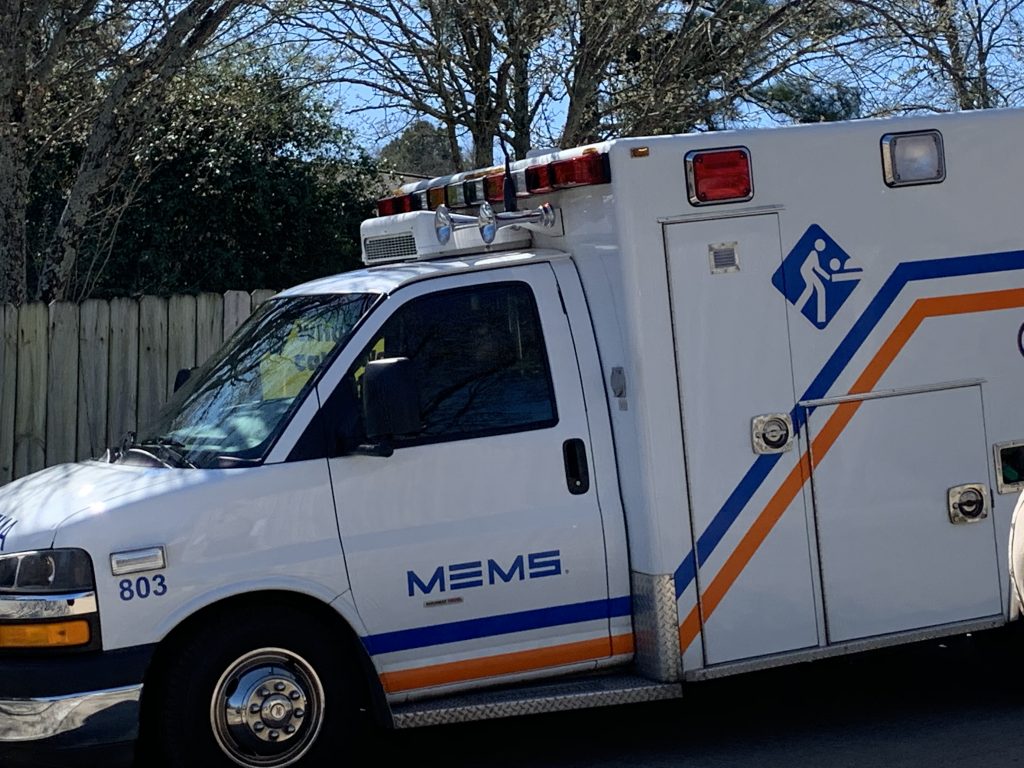Abortion Pill 22 Times More Dangerous Than FDA Claims: New Study

A new study shows the RU-486 abortion pill regimen is at least 22 times more dangerous than U.S. Food and Drug Administration labeling indicates.
The study raises serious concerns about the harm that abortion drugs cause.
Researchers from the Ethics and Public Policy Center reviewed insurance claim data from 865,727 RU-486 prescriptions as part of the “largest-known study” on abortion pill complications.
Their data found that from 2017 to 2023, nearly 11% of women who used abortion drugs experienced sepsis, infection, hemorrhaging, or another serious adverse event within 45 days following a mifepristone abortion. That is significantly higher than the FDA’s figure claiming “less than 0.5 percent” experienced complications in clinical trials for the drug regimen.
The study concluded:
- The FDA should immediately reinstate its earlier, stronger patient safety protocols to ensure physician responsibility for women who take mifepristone under their care, as well as mandate full reporting of its side effects.
- The FDA should further investigate the harm mifepristone causes to women and, based on objective safety criteria, reconsider its approval altogether.
We have written repeatedly about the dangers of abortion drugs like RU-486.
Last year, Family Council joined a pro-life amicus brief by more than 30 other state and national groups as part of two lawsuits over the FDA’s decision to approve the abortion drug mifepristone, also known as RU-486, and to eliminate safety protocols and standards for the drug.
Among other things, the amicus brief noted:
- The FDA also removed safety standards requiring a woman to be assessed in-person by a doctor before receiving RU-486.
- The FDA knew about the significant negative health consequences of mifepristone — or RU-486 — before approving it in 2000.
- Despite the danger, the FDA has removed safety requirements designed to protect women and weakened the reporting requirements for adverse events caused by RU-486.
Abortion-inducing drugs are dangerous. Official reports from the Arkansas Department of Health reveal that between 2020 and 2022 at least 1 in 50 women who took abortion drugs in Arkansas experienced complications.
Over the years, Arkansas’ state legislators have enacted various laws prohibiting abortion and preventing abortion drugs from being delivered by mail in Arkansas. But the FDA and the federal government have taken steps that threaten to undermine these good, pro-life laws.
This new data from the Ethics and Public Policy Center once again shows abortion drugs not only kill unborn children but also harm women. That’s simply one more reason why our state needs to protect people from these dangerous drugs.
Articles appearing on this website are written with the aid of Family Council’s researchers and writers.





